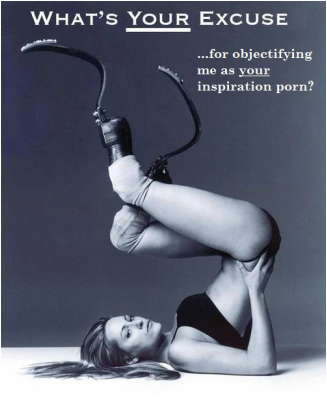Positive changes in attitude towards disability and people with disability are on the way, and it would be right of us to do out part by checking ourselves and our attitudes, regarding this topic. There are many web resources out there teaching us to be better allies for people with disabilities, but I attempted to put together to my best ability the most comprehensive checklist. Read on!
- Ask politely, do not assume. People with disabilities have long navigated the challenges of the world we all live in together. They are the experts! If you want to know how to help, just ask. Also, asking about one’s condition is OK. It is natural not to be informed about all the conditions and illnesses there are in the world; people with disabilities understand that. Just double-check your attitude and your questions first: are they coming from a place of respect and consideration, or curiosity and entertainment? It is the same as asking anyone a question. To begin with, it is good to open with something like: “Is it okay of me to ask about your issues/disability/illness, etc.?” Usually, a question asked clearly, honestly, kindly, and without ill intent will be answered. But since it is still a question, you might need to accept the decline and settle for it.
- Presume competence always. Wait to be asked for help. Step back if you get the impulse to run up to a person using a wheelchair and push them over the doorstep. Look for indications, that a person really needs and wants your help. Folks with disabilities have most likely learned to successfully overcome challenges you think they might be facing. They know what they are doing!
- Assistive tools as an extension of one’s personal space. Canes, wheelchairs, assistive animals and such should be regarded as an extension of a person and as one’s personal space. Treat them with respect, don’t lean or sit in someone else’s wheelchair, and do not play with animals on duty. The same logic should be used when a person uses an interpreter: your attention should be pointed at the person you are talking to, not their interpreter, guardian, or assistant. This is a very important point in promoting inclusion.
- Inspiration porn: just don’t. Word inspiration and inspiring these days are overused with poeple with disabilities. If you call a person who is not just like you, an inspiration for just going about their daily life and getting things done, it’s not appreciated because it suggests you have low expectations and an impression of them, to begin with. Inspiration porn online includes memes and videos clealry intended for a body-abled audience, where for extra motivation kick various picture of humans with disabilities running/painting/enjoying themselves are used. These people are objectifued and labeled as inspiration just for their disability. A good way of checking whether it’s ok to say the I-word is asking yourself: “What did they inspire me to do? Would this image/ comparison inpire another person with disability?“
- Person-first vs identity-first language (e.g. person/friend/colleague with disability vs disabled person/friend/colleague). This is a tricky one! While some sources opt strongly for person-first language, some people with disabilities prefer it the other way around. It really depends on which and how big of a role the disability itself plays in a person’s life. This point has to be considered with each unique individual and can not be universalised.
A person with disability is just another human being, for better or worse, and despite the fact that we may know that they have disability, we know absolutely nothing about them based on that. By following these simple steps, it will be likely that you will become a reliable ally for your friends and persons with disability!

Suurin osa Showcasen blogeista on toteutettu osana Laurean opintojaksoja. Koko koulutustarjontaamme voi tutustua nettisivuillamme. Tarjoamme kymmenien tutkintoon johtavien koulutuksien lisäksi myös paljon täydennys- ja erikoistumiskoulutuksia sekä yksittäisiä opintojaksoja avoimen AMK:n kautta!
Great post! You covered the important points on how to be an ally and made it really easy to read and understand. Would recommend this for someone who was unsure of these issues and needed clarification 👏👏